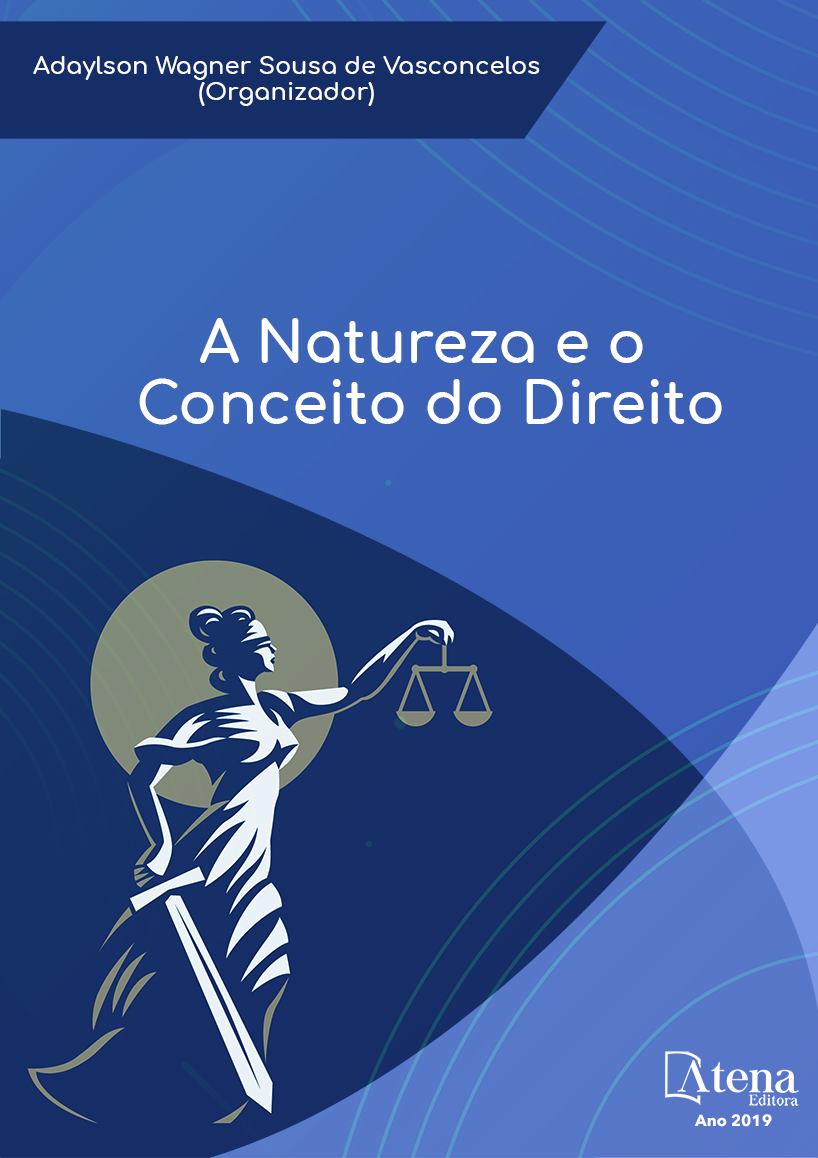
A UNIVERSALIZAÇÃO DA INTERNET E OS DIREITOS HUMANOS
Este estudo interdisciplinar na área de
Ciências Sociais Aplicadas, estabelece relação
entre Direitos Humanos, Direito Internacional
e Direito Digital partindo da universalização da
internet, com enfoque de Direitos Humanos no
atual cenário mundial. O surgimento de uma
sociedade tecnológica e os impactos que a
Internet impõe ao cenário internacional, trazem
questões ligadas aos direitos humanos. A partir
da Internet é possível criar novos níveis de
relacionamento, o que faz com que ela deixe
de ser uma ferramenta de estudos e passe a
ser utilizada como um meio de comunicação
entre as pessoas. Sendo assim, a razão de
ser desse trabalho advém da necessidade
de que essa comunicação esteja ao alcance
de todos, ou seja de sua universalização. Tal
universalização deve ser entendida como uma
forma de concretização de direitos humanos,
seja em função da liberdade de expressão,
do direito à informação ou de outros direitos
ligados à dignidade humana. Direitos humanos
off-line devem ser também protegidos online. A temática foca na análise da Internet
como um fenômeno social, bem como como
seu relacionamento com direitos, a fim de se
traçar um panorama que permita a defesa da
universalização da Internet enquanto parte do
arcabouço dos direitos humanos.
A UNIVERSALIZAÇÃO DA INTERNET E OS DIREITOS HUMANOS
-
DOI: 10.22533/at.ed.7681908107
-
Palavras-chave: Direitos Humanos, Universalização, Internet, Neutralidade de Rede.
-
Keywords: Human Rights, universalization, Internet, Network Neutrality.
-
Abstract:
This interdisciplinary study in the
area of Applied Social Sciences establishes
a relationship between Human Rights,
International Law and Digital Law based on
the universalization of the internet, focusing on
Human Rights in the current world scenario.
The emergence of a technological society
and the impacts that the Internet imposes on
the international scenario raise human rights
issues. From the Internet, it is possible to create
new levels of relationships, which makes it
no longer a study tool, but rather a means of
communication between people. Thus, the
idea of this paper stems from the need for this
communication to be within everyone's reach,
that is, its universalization. Such universalization
must be understood as a way of materialize
human rights, whether due to freedom of
expression, the right to information or other
rights related to human dignity. Offline human
rights must also be protected online. Moreover,
the universalization of the Internet can be
understood as a human right in itself, in order
to prevent a digital exclusion from occurring in a contemporary social reality. The theme focuses on the analysis of the Internet as a
social phenomenon, as well as its relationship with rights, in order to draw a picture that
allows the defense of the universalization of the Internet as part of the human rights
framework.
-
Número de páginas: 15
- Mateus Catalani Pirani


